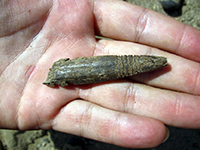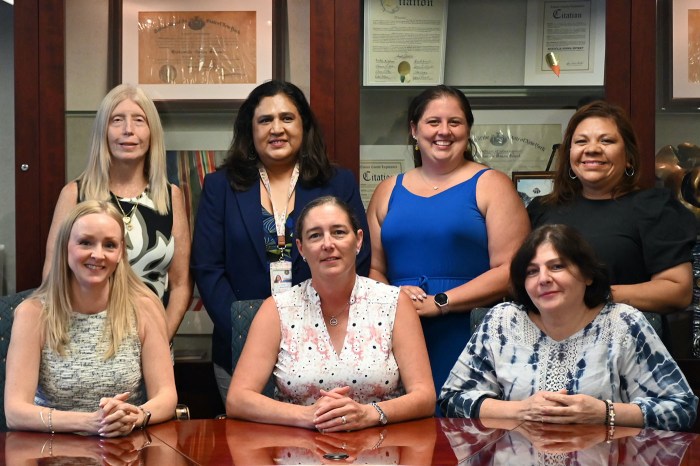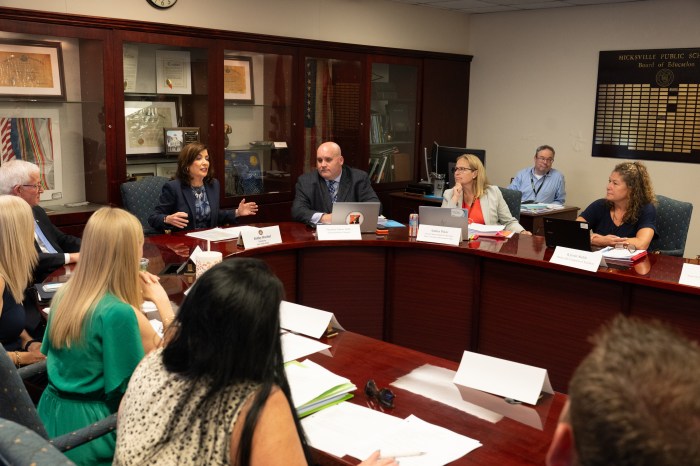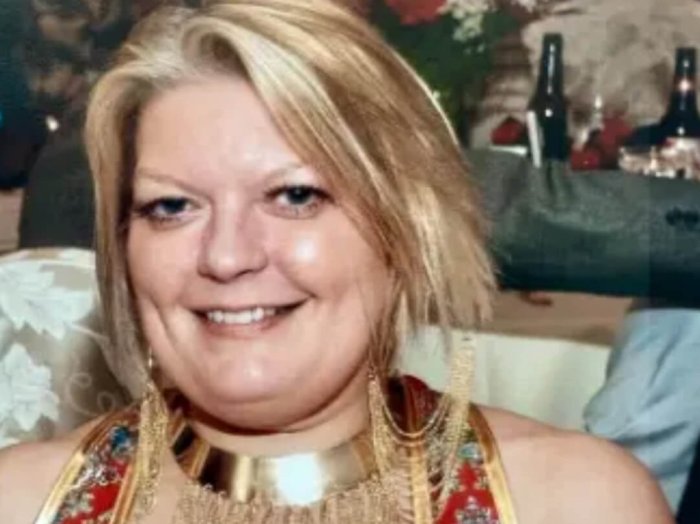For the past six months, Hicksville resident Chris Collins has spent his days digging for fossils and his nights falling asleep to the sound of vervet monkeys and coyotes. As a teacher’s assistant at the Turkana Basin Institute (TBI) in Kenya, Collins got a firsthand look at what it was like to live like an anthropologist.
Collins got his first taste of Turkana last year, as a student at the TBI field school which was founded by Stony Brook University and paleoanthropologist Dr. Richard Leakey. As a student, Collins spent four months learning about archeology, paleontology, geology, ecology and human evolution. What started as a study abroad experience, turned into a life changing experience as Collins soon found himself homesick for Africa.
“I loved it so much and I wanted to go back,” says Collins.
This year, he was able to get a different experience of TBI as he returned to Turkana as a teacher’s assistant. He left for Kenya in July, and spent two months doing research before the field school began.
Collins’ research focused on pollinators and grasshopper bio mass. As part of his research on pollinators, he studied butterfly migration as well as the behavior of pollinators in vegetable patches. He also did research on grasshopper bio mass. He caught grasshoppers within the Turkana Basin Institute compound and compared them to those outside of the compound, where there were predators such as goats.
“Without the goats, the grasshopper bio mass happened to be less, which was interesting because you would think there would be more food for them within the compound,” Collins said. “But there was more grasshopper competition inside the compound so that could be why.”
Once students arrived at the compound, Collins’ focus switched from insects to college students. For Collins, this is where the real learning began.
“I learned a lot about being in charge of a group,” he said. “And it’s not as easy as you would think, especially with a group of headstrong college kids.”

He helped in the classroom, planned trips for the 17 students, and helped maintain the field school’s blog. His responsibilities also included reporting information on significant findings to the National Museum of Kenya. But it wasn’t all work—Collins also got to sit in on lectures taught by experts in the fields of ecology, geology, paleontology, human evolution and archeology, and take part in digs. Some of his finds included a fossilized hippo femur and Holocene bone spear tip, which was believed to have used to catch fish.
“It’s an amazing hands on experience, when you’re going out with an expert to look at a site and do the same work they do,” he said.
Collins and the students also got to explore the area (which is in northwest Kenya) and learn more about the Turkana culture. The field school students took several trips to a local primary school, where they played soccer with children and painted a colorful mural on one of the buildings.
Collins got his undergraduate degree from Stony Brook in anthropology last spring and is now looking into research and Doctorate programs. He’s miles away from the dry heat, exotic animals and people of Turkana, but Africa is still on his mind.
“I get homesick now when I’m in New York,” he said. “I loved how simple life was in Turkana and I’d love to go back to Africa one day.”


































